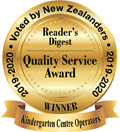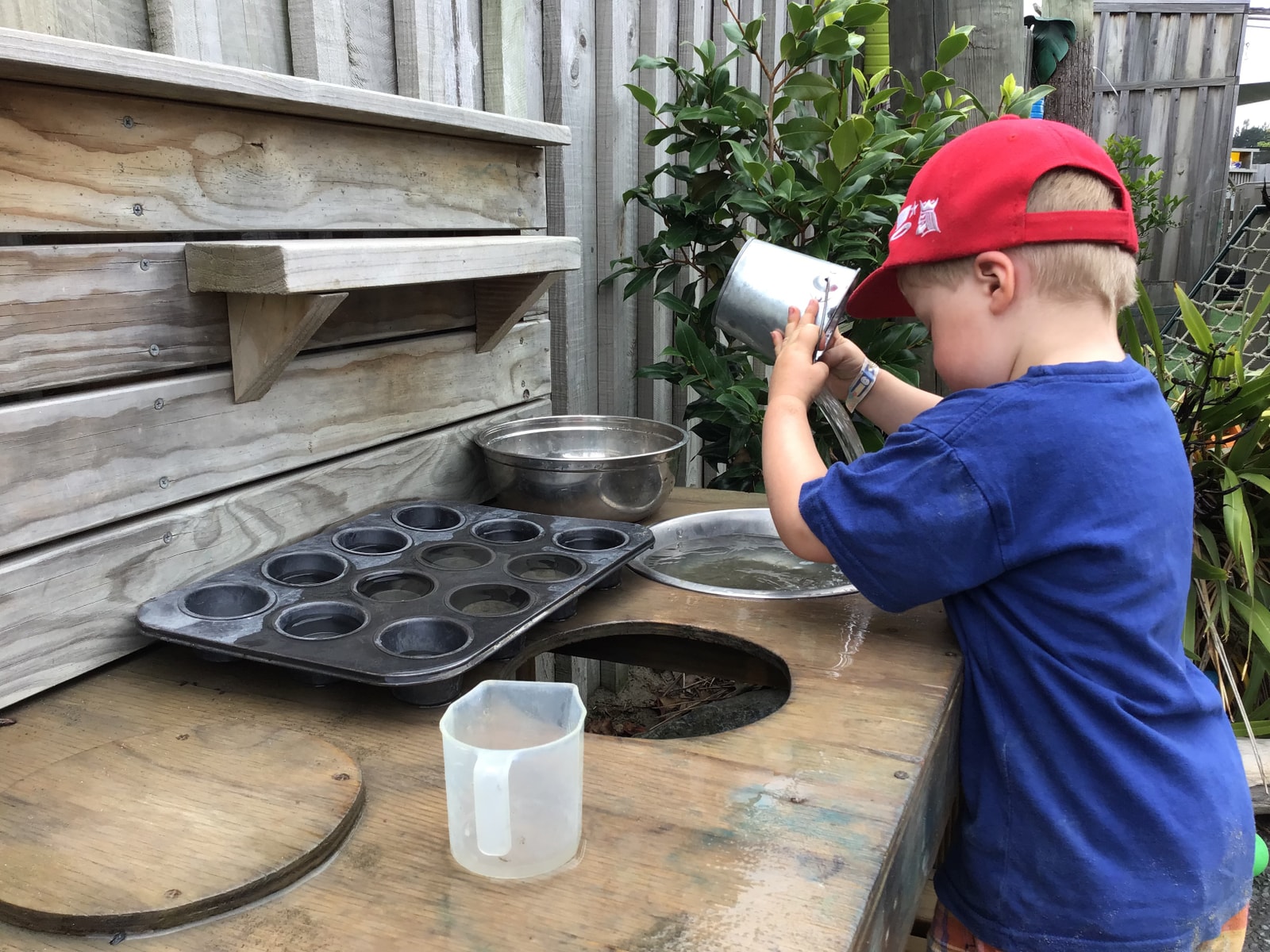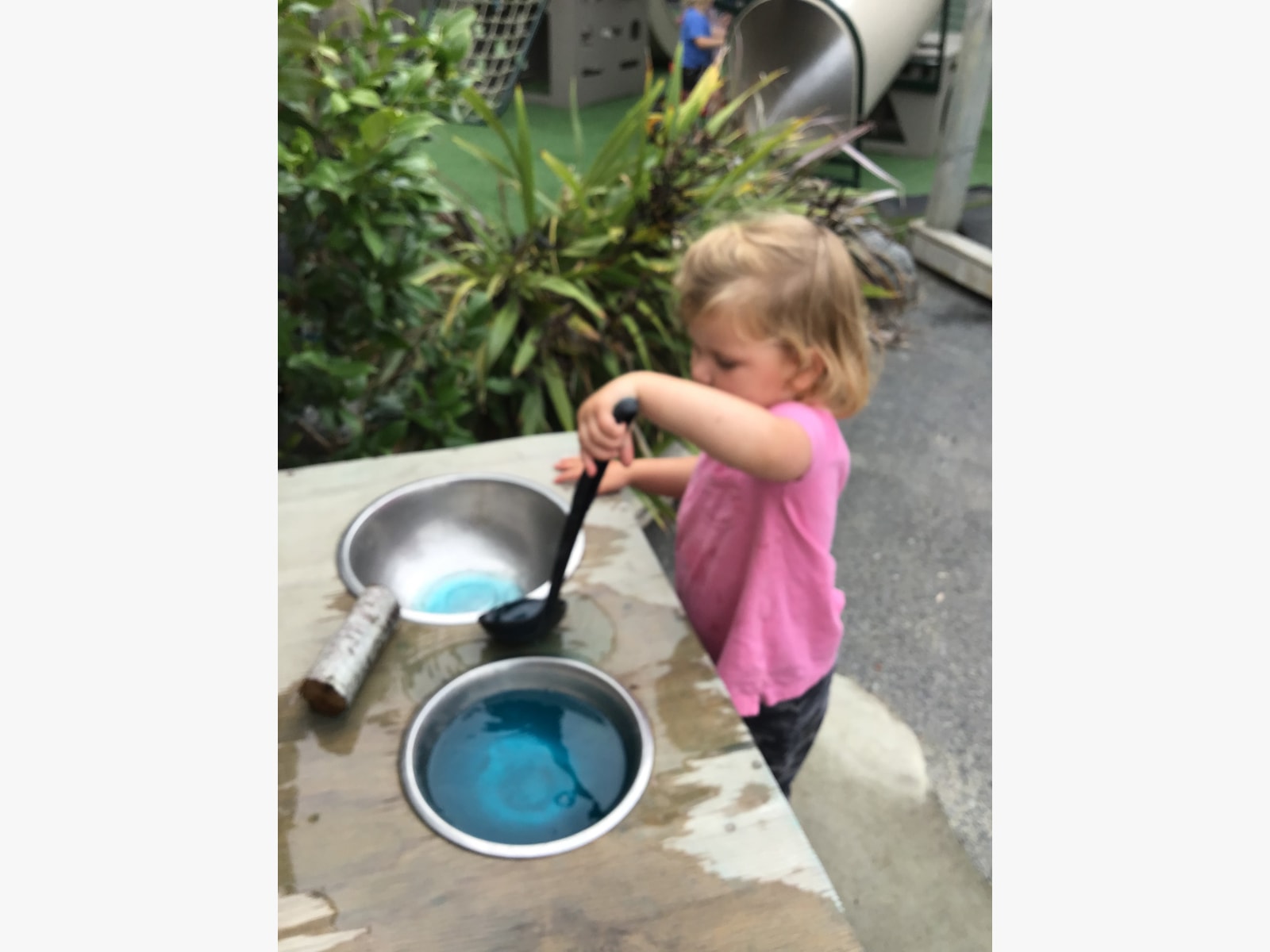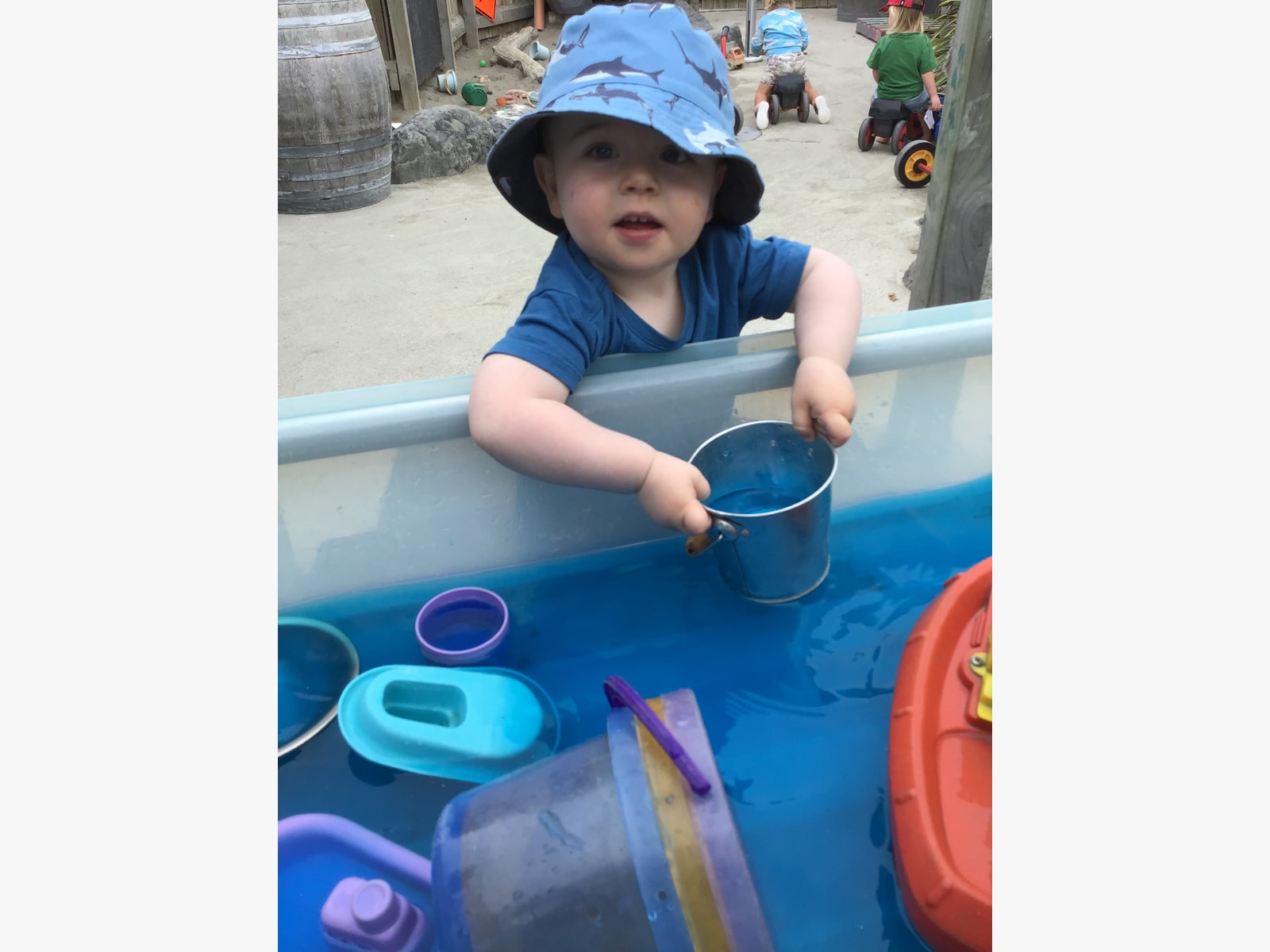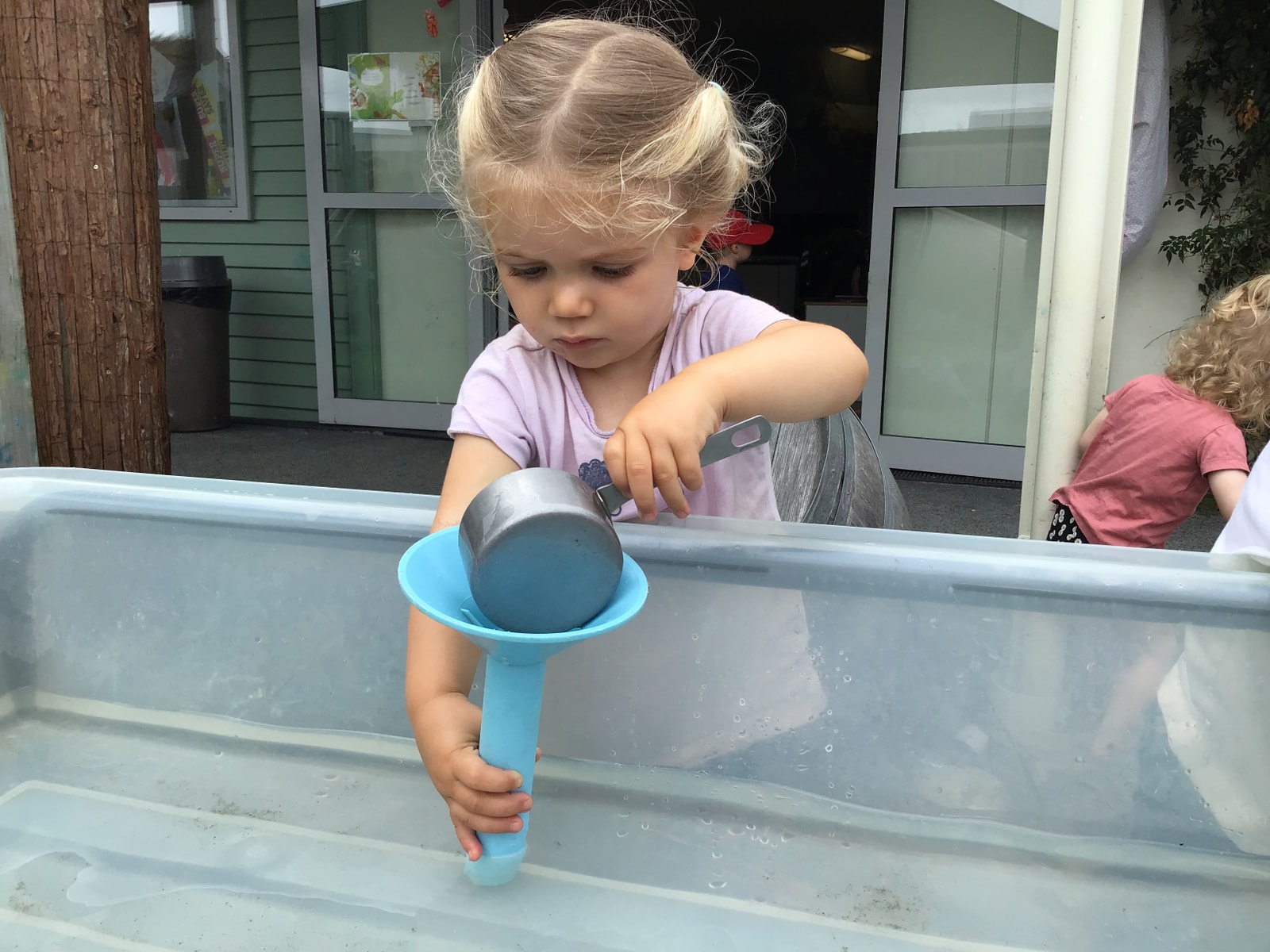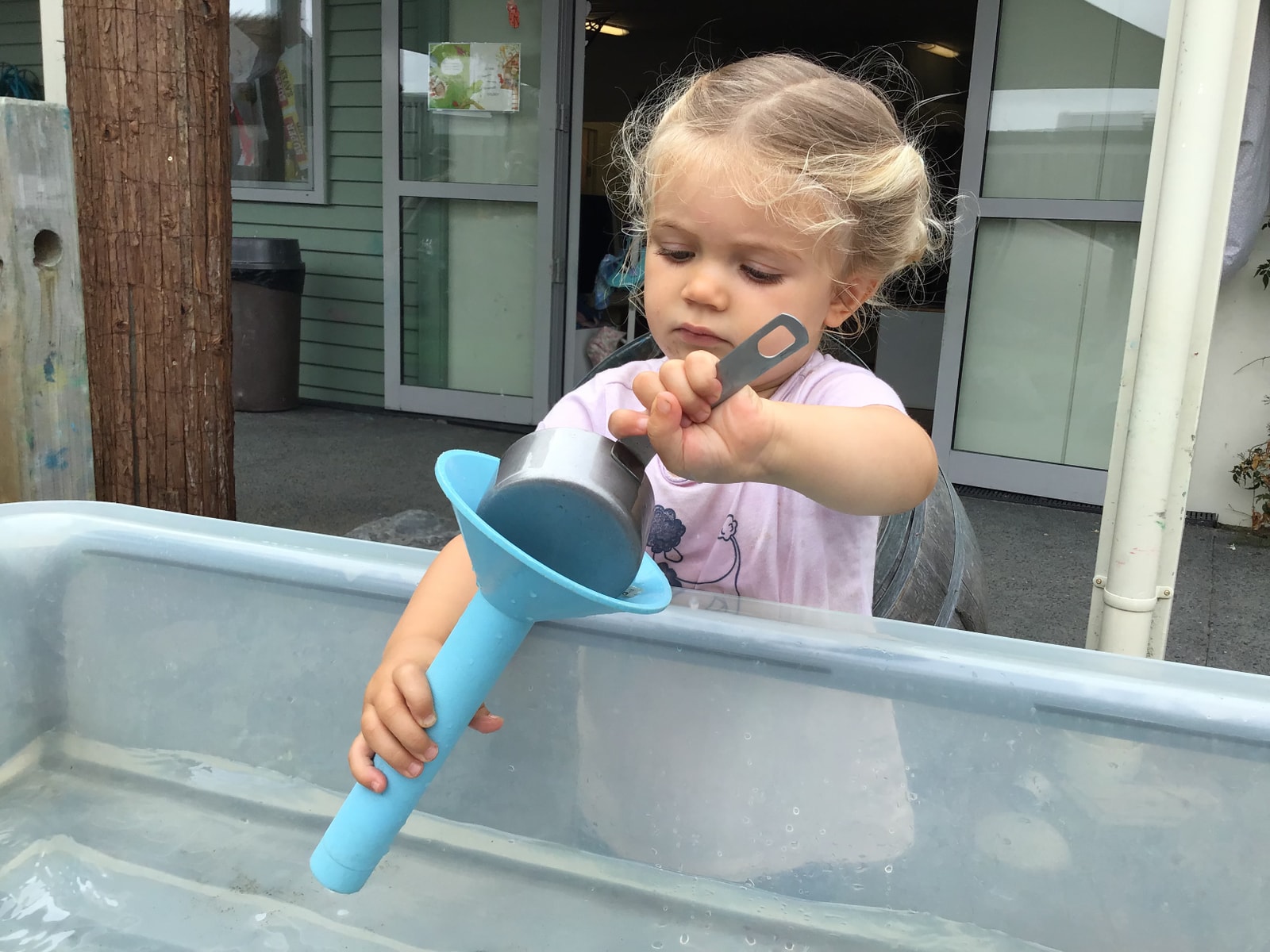LATEST STORIES
Water Play / Korikori wai at BestStart Prestons
Balance and Strength
Though it might look like your child is just splashing around, water play can help improve children’s balance and strength. Playing in water is like playing in a brand-new playground where even the simplest activities, like clapping your hands or jumping, are a whole new sensory experience. Children can experiment without worrying about falling or crashing into hard surfaces. Water also adds resistance so water play activities work as strength training. It takes more muscle strength to move arms and legs through water then it does through air.
Coordination
Swimming develops muscles and motor skills and helps improve coordination. Kicking movements engage the core, and can help children learn how to coordinate both sides of their body to move through the water. When children swim, dance, throw objects, or practice any movement in water they’re developing coordination.
Communication and Social Skills
Water play allows children to explore and interact with each other. New experiences and discovering new things within shared spaces offer a great opportunity for social development. As children play, they will be excited to communicate their discoveries to everyone around them. This is a confidence booster for kids! Because water play typically occurs in a limited space with few supplies, children practice sharing with each other and working together while engaging in play. There are many opportunities for communication development and social growth during water play!
Our early childhood curriculum, Te Whāriki, believes:
Playing with water supports learning across all strands of Te Whāriki.
In particular, it supports the Exploration strand, where children gain confidence in and control of their bodies, and where they learn strategies for active exploration, thinking and reasoning. Water play affords opportunities for children to develop useful social skills while playing alongside other children as part of the Contribution strand and, where conflicts arise, there are opportunities to practise problem solving.
As part of the Belonging strand, they develop ideas about the limits and boundaries of acceptable behaviour.
• develop hand–eye coordination
• learn to lift, pour and control water
• understand measuring, estimating and volume
• understand heavy/light, float/sink, full/empty and shallow/deep
• learn to concentrate and solve problems
• learn to share and cooperate with others. Adults can support children by
• making sure they are safe
• protecting them from the sun with hats and sunscreen
• adding warm water on cold days
• talking with them about what is happening
• encouraging them to ask questions and explore with water.


